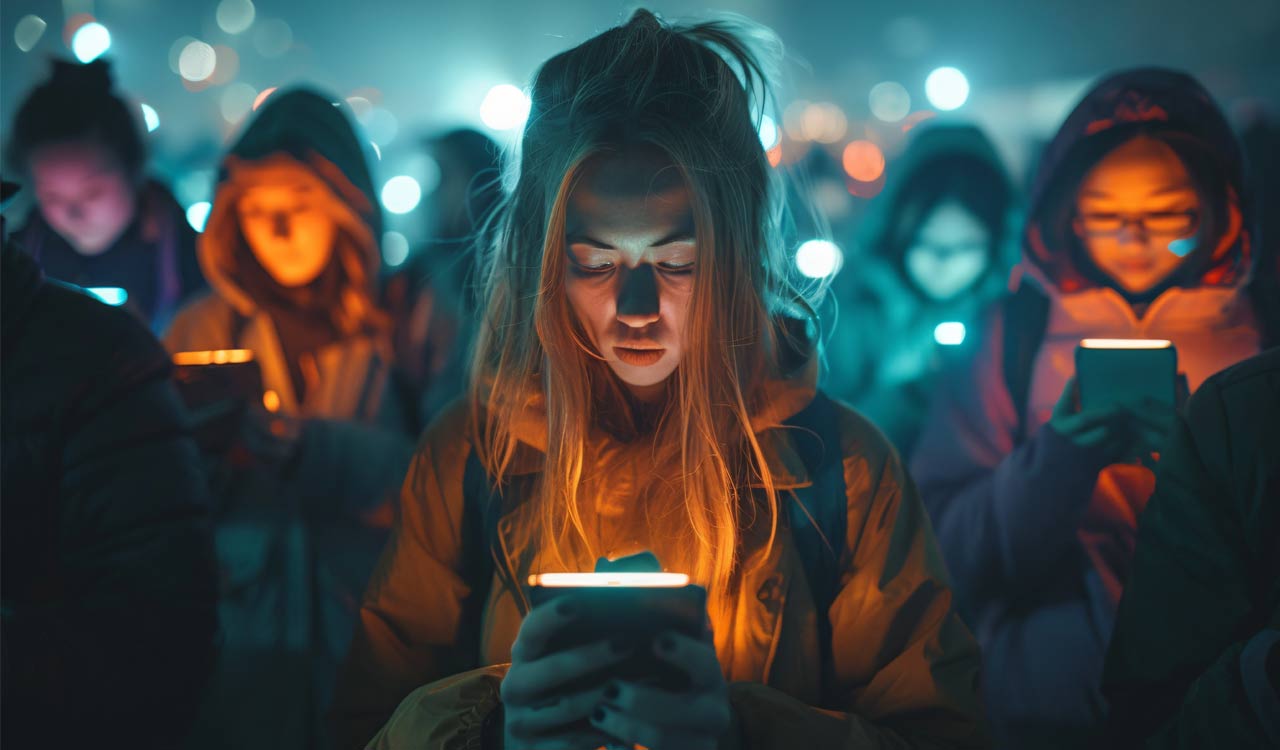A New Balance: How to Unplug Effectively in a Digital World

A growing concern about the impact of excessive digital use on mental health, emotional well-being, and physical health has led people to consider implementing "digital detoxes" – taking intentional breaks from screens. While shutting down devices is a start, unplugging effectively requires more than just turning off phones.
According to research, the constant allure of digital devices is not random. Dopamine surges whenever we anticipate social interactions, making it difficult to disconnect. Platforms are designed to create an endless scroll and unpredictable notifications to keep us hooked. The brain's reward pathways are hijacked by smartphones, leading to potential long-term changes in cognitive function.
The psychological toll of digital overuse is significant, with constant connectivity contributing to stress, anxiety, and depression. Social media fosters feelings of inadequacy and low self-worth, especially when exposure to curated and idealized portrayals of others' lives becomes relentless. Studies have shown that excessive screen time correlates with thinning of the brain's cortex, impacting critical thinking, emotional regulation, empathy, and impulse control.
So, how can we unplug effectively? Setting clear boundaries such as designated no-phone zones or setting screen-free times can help limit device use. The "one-hour rule," not using screens an hour before bed, is a proven way to reduce blue light exposure and improve sleep quality. Even simple techniques like the 20-20-20 rule – taking breaks every 20 minutes to look at something 20 feet away for 20 seconds – can help combat digital eye strain.
Nature therapy, which involves spending time in nature, has been shown to reduce cortisol levels, lower blood pressure, and improve mood. A study by Chiba University found that individuals who spent just 15 minutes in a forest experienced measurable reductions in stress and an increase in calmness.
Digital fasting, where individuals set aside tech-free hours or days, can also be beneficial for improving focus and productivity. Popularized by author Cal Newport, digital minimalism encourages prioritizing digital tools that align with our values and eliminating those that do not.
As we move forward, it's essential to strike a balance between technology use and analogue living. Technology offers conveniences and opportunities, but overuse can lead to burnout. Digital detoxing presents an opportunity to reconnect with ourselves, others, and the world around us. By embracing a mindful approach to technology, we can enjoy the best of both worlds – the vast possibilities of digital and the grounding peace of the analogue.
The author is founder & CEO, Upsurge Global, co-founder, Global Carbon Warriors, and Adjunct Professor, EThames College
